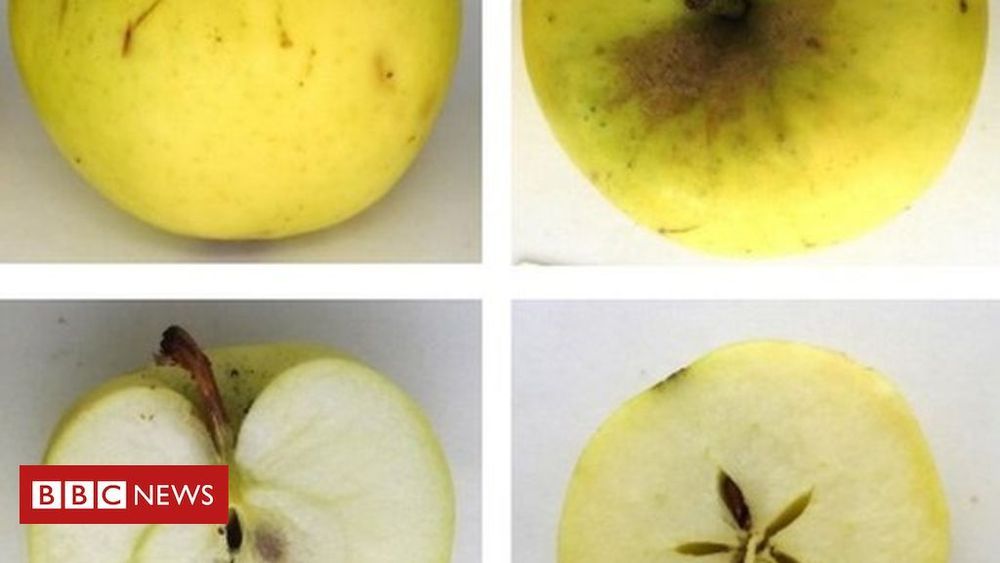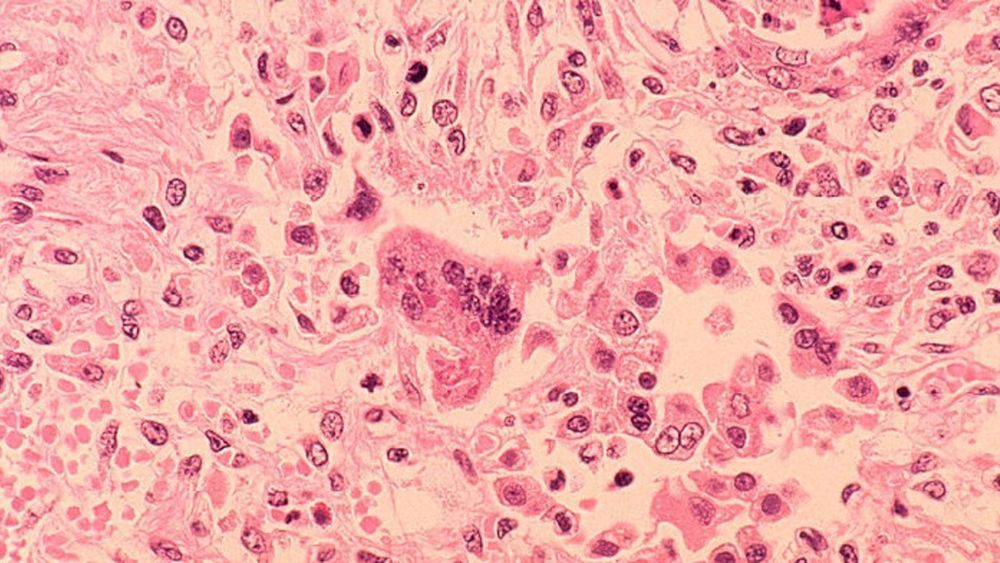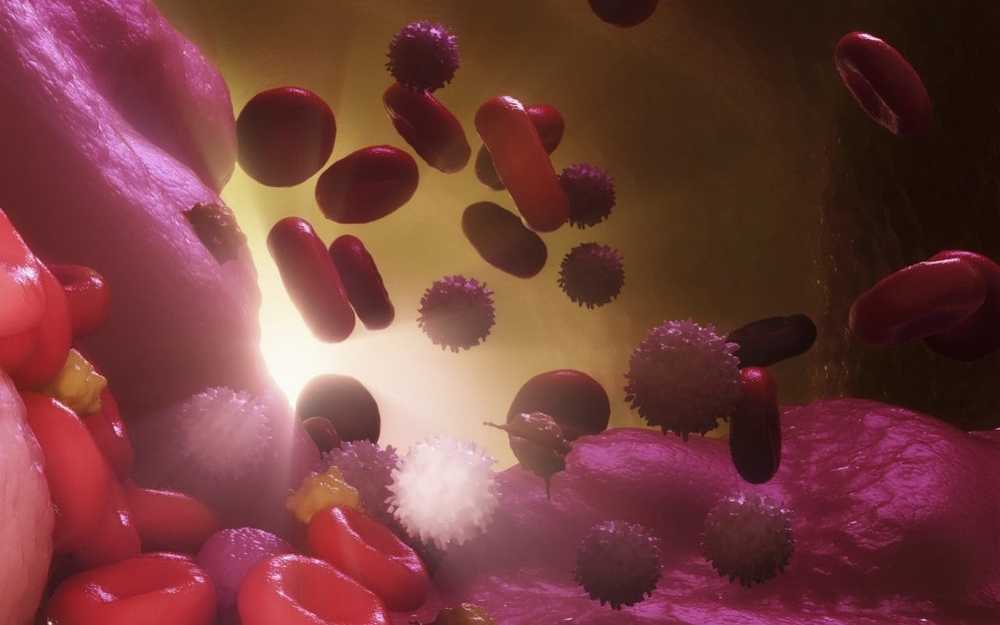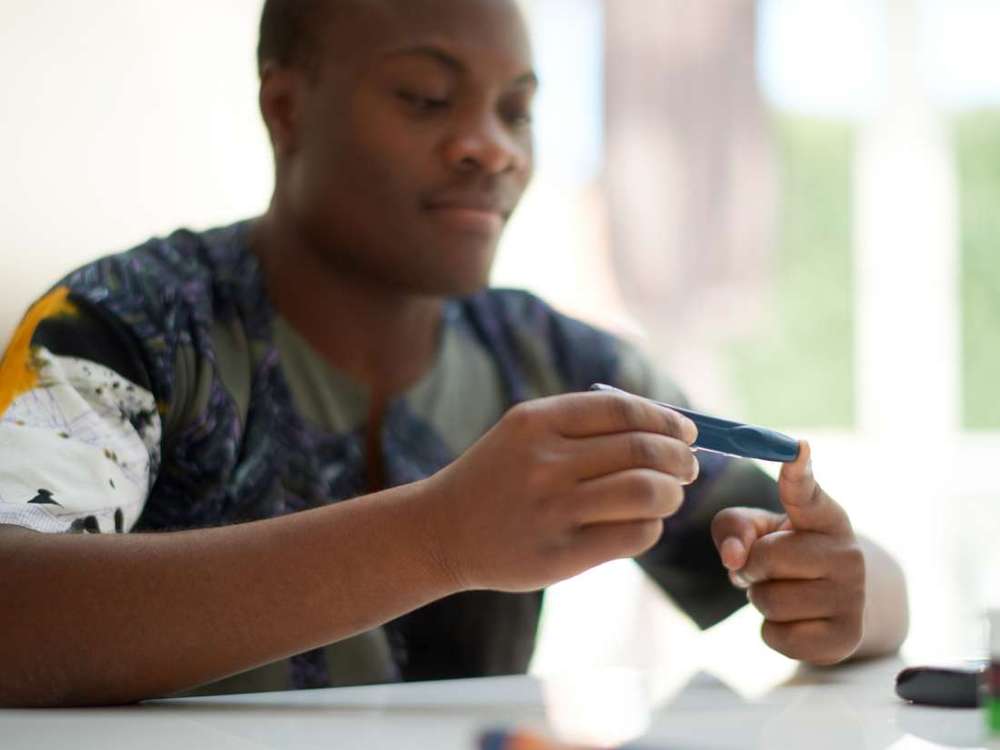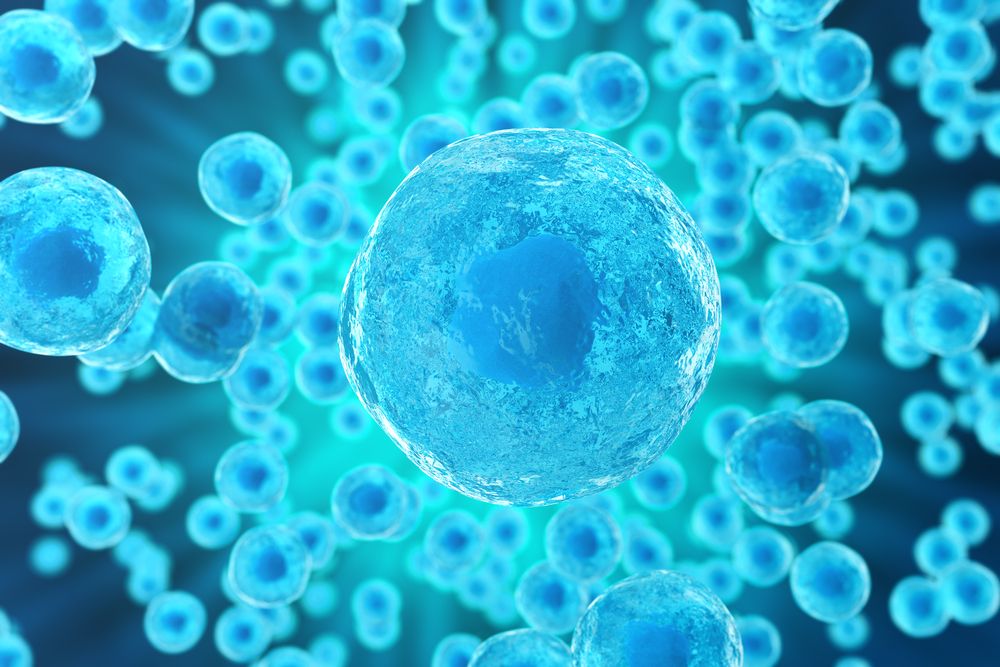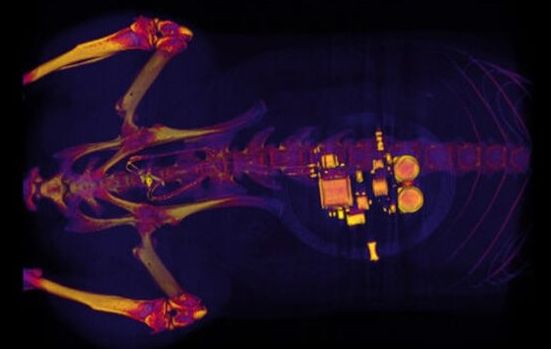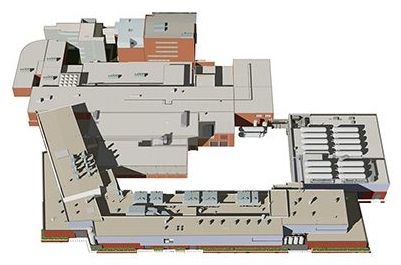
A new device developed by Stanford University researchers could make it easier for doctors to monitor the success of blood vessel surgery. The sensor, detailed in a paper published Jan. 8 in Nature Biomedical Engineering, monitors the flow of blood through an artery. It is biodegradable, battery-free and wireless, so it is compact and doesn’t need to be removed and it can warn a patient’s doctor if there is a blockage.
“Measurement of blood flow is critical in many medical specialties, so a wireless biodegradable sensor could impact multiple fields including vascular, transplant, reconstructive and cardiac surgery,” said Paige Fox, assistant professor of surgery and co-senior author of the paper. “As we attempt to care for patients throughout the Bay Area, Central Valley, California and beyond, this is a technology that will allow us to extend our care without requiring face-to-face visits or tests.”
Monitoring the success of surgery on blood vessels is challenging as the first sign of trouble often comes too late. By that time, the patient often needs additional surgery that carries risks similar to the original procedure. This new sensor could let doctors keep tabs on a healing vessel from afar, creating opportunities for earlier interventions.
Continue reading “Researchers create a wireless, battery-free, biodegradable blood flow sensor” »
